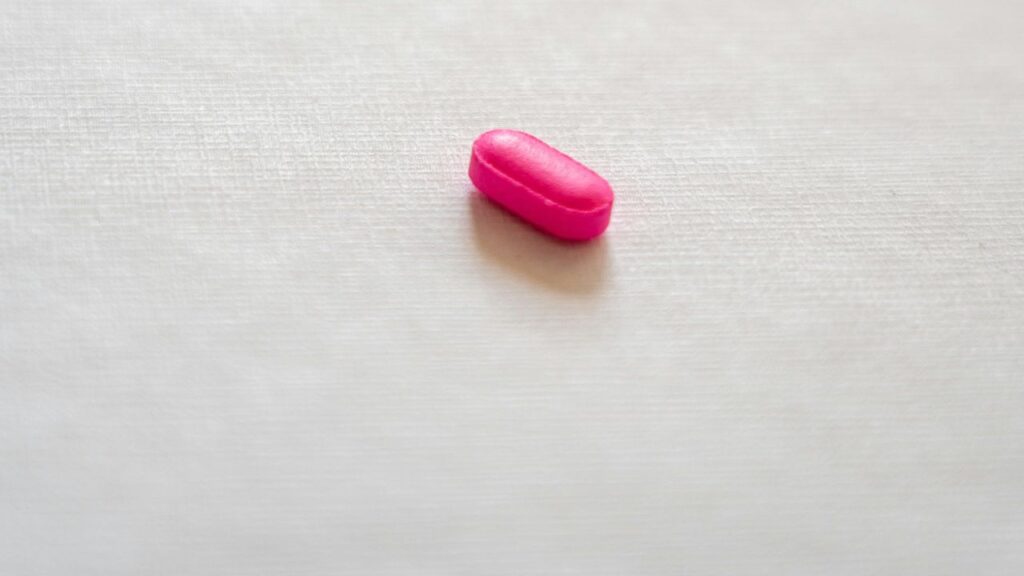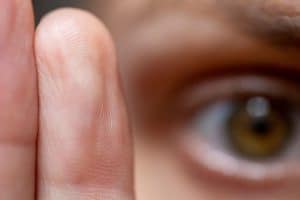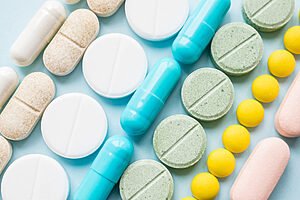Diphenhydramine, an over-the-counter antihistamine commonly known by the brand name Benadryl, is typically used to alleviate symptoms of allergies, hay fever, and the common cold. However, this medication, often referred to as “DPH” in recreational circles, is increasingly being abused in high doses to induce a “high” – a dangerous practice known as DPH tripping.
What Is DPH Found In?
DPH is the active ingredient in several over-the-counter medications including:
- Benadryl (diphenhydramine)
- Unisom (diphenhydramine)
- Sominex (diphenhydramine)
- Nytol (diphenhydramine)
- ZzzQuil (diphenhydramine)
These medications are inexpensive and readily available at pharmacies and supermarkets without a prescription, making them easily accessible for abuse. DPH is also sometimes found in combination products with acetaminophen, aspirin, or other pain relievers.
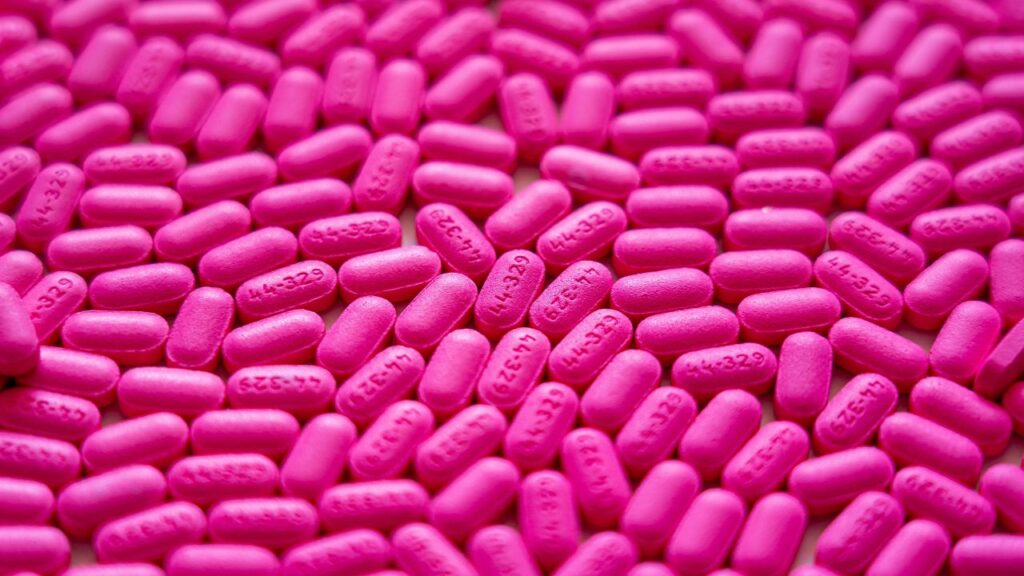
How DPH Tripping Works
When taken as directed, usually 25-50mg every 4-6 hours, diphenhydramine works by blocking histamine receptors in the brain to reduce symptoms of allergies and hay fever. However, when abused in doses of 300mg or more, DPH crosses the blood-brain barrier and acts on additional receptors, producing an intoxicating effect.
At high doses, DPH is a potent deliriant – a class of hallucinogens that induce a state of delirium, confusion, and disorientation. Users report experiencing a “trip” characterized by realistic hallucinations, altered perceptions, memory loss, restlessness, and dissociation from reality. The effects can last for 6-8 hours or more.
DPH is abused for its sedating and euphoric effects, but even experienced users find the high unpredictable and often dysphoric rather than pleasurable. Negative experiences are common, with many describing the DPH trip as confusing and nightmarish.
The Risks and Side Effects of DPH Abuse
DPH tripping is extremely risky – even a single high dose can result in dangerous side effects including:
- Irregular or rapid heartbeat
- Blurred vision and double vision
- Dry mouth and dehydration
- Overheating and excessive sweating
- Dizziness and loss of coordination
- Nausea and vomiting
- Muscle spasms and tremors
- Seizures
- Difficulty urinating
- Anxiety and panic attacks
- Vivid hallucinations and delusions
- Psychosis and violent behavior
- Memory loss and confusion
- Overdose and death
Repeated abuse of DPH in high doses has also been linked to early onset dementia and Alzheimer’s disease. Regular use appears to accelerate cognitive decline, with some heavy users developing severe memory deficits and brain damage by their 30s or 40s. The neurotoxic effects of chronic DPH abuse are irreversible.
The Overdose Risk
DPH has a relatively low therapeutic index, meaning the threshold between a “normal” dose and a toxic dose is small. It’s easy to overdose, either intentionally or accidentally. Severe toxicity, which can occur at doses over 1000mg, causes seizures, respiratory depression, cardiac arrest, and death. DPH overdose often requires emergency medical treatment like intubation, ventilation, and IV fluids.
Many DPH-related deaths also involve the concurrent abuse of other substances like alcohol, opioids, and benzos which compound the overdose risk. Mixing DPH with other CNS depressants is especially dangerous and potentially fatal.
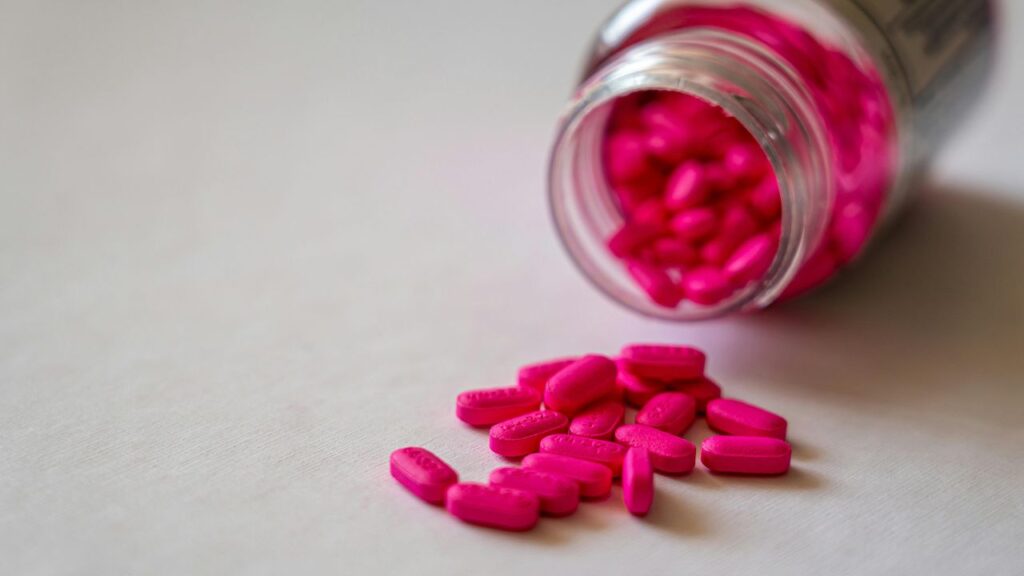
Warning Signs of Abuse and Addiction
Due to its intense effects and accessibility, regular use can rapidly progress to addiction, especially in young people. Warning signs include:
- Taking higher doses of allergy/cold medications than recommended
- “Doctor shopping” or visiting multiple pharmacies to stock up
- Declining school or work performance
- Withdrawal from friends and activities
- Lying about drug use
- Continued use despite negative consequences
- Inability to cut back or control use
- Spending excessive time acquiring and using
- Needing higher doses to feel effects (tolerance)
- Experiencing withdrawal symptoms when stopping use
If you recognize these signs in yourself or a loved one, it’s crucial to seek professional help. Trying to quit “cold turkey” after heavy use can result in severe and potentially dangerous withdrawal symptoms like seizures and psychosis. Medically-supervised detox in an addiction treatment setting is the safest option.
Getting Help for Addiction
At Swift River, our experienced clinical team provides comprehensive, evidence-based care for addiction and co-occurring mental health disorders. Our program includes:
- Medically-supervised detox with 24/7 support
- Behavioral therapies like CBT and DBT
- Addiction education and relapse prevention
- Dual diagnosis treatment for underlying depression and anxiety
- Experiential and holistic therapies
- Mindfulness and stress management
- Family counseling and support
- Medication-assisted treatment options
- Aftercare planning and alumni services
If you’re ready to reclaim your life from DPH addiction, we’re here to help. Call 413-570-9698 today for a free, confidential consultation with a Swift River recovery specialist. Together, we’ll help you break free from addiction and build the healthy, fulfilling life you deserve.







